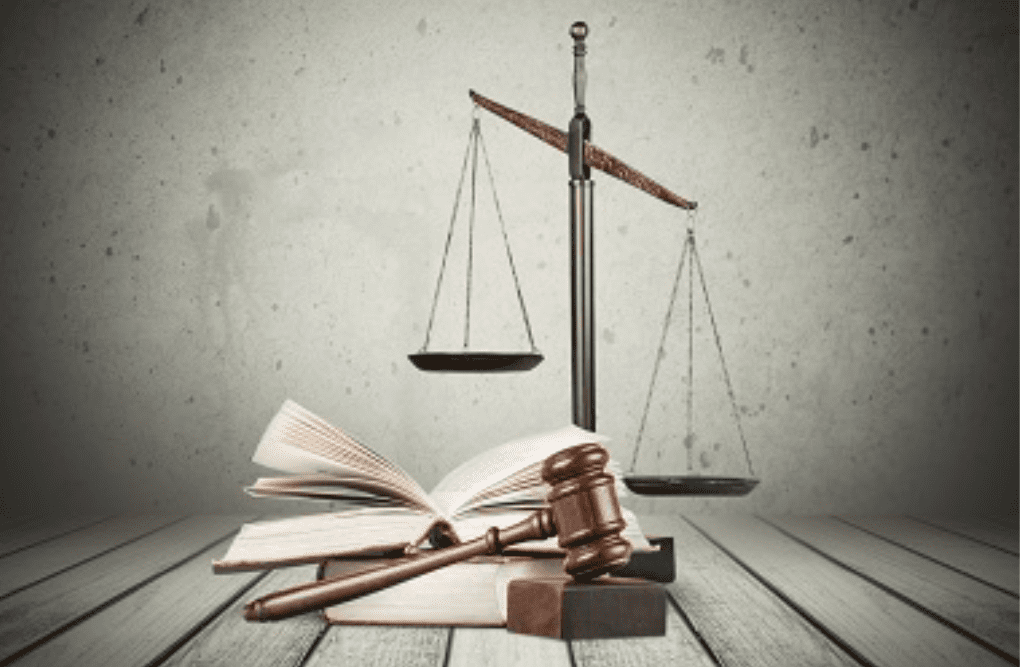M/S Mangalore New Sultan Beedi vs State Of Karnataka
31 May, 2023
Bench:Hon’ble Krishna S.Dixitpresided Byksdj
Introduction:
In a recent case involving a beedi making partnership firm, the issue of the relationship between civil and criminal proceedings in copyright infringement cases came to the forefront. The petitioner, seeking a writ of mandamus, argued that the jurisdictional police should undertake a swift investigation into the alleged infringement, despite the pendency of a civil suit and an order of temporary injunction against the accused. The court, after careful consideration, granted indulgence to the petitioner’s request, emphasizing the distinct nature and purpose of civil and criminal proceedings. This decision raises important questions about the interplay between these legal avenues in copyright infringement cases.
The Dual Nature of Copyright Infringement:
Copyright infringement cases often present a unique challenge as they can give rise to both civil and criminal causes of action. The Copyright Act, 1957 provides for civil remedies, such as injunctions, damages, and accounts, under Chapter XI. Simultaneously, Chapter XIII of the Act outlines the offenses related to copyright infringement and the corresponding criminal prosecution. The court acknowledged that the outcome of one proceeding does not depend on the outcome of the other, except in specific circumstances.
Distinguishing Objectives of Civil and Criminal Proceedings:
Civil suits in copyright infringement cases primarily focus on preventive, remedial, compensatory, or otherwise protective measures for the copyright owner. These proceedings aim to address the violation and ensure the protection of intellectual property rights. On the other hand, criminal proceedings are primarily punitive in nature, intending to penalize and deter individuals who knowingly infringe copyrights. The court recognized that the objectives, nature, and outcomes of these proceedings differ significantly.
The Police’s Role in Copyright Infringement Cases:
The court addressed the argument raised by the learned Advocate General’s Assistant opposing police interference in civil disputes. While it is true that police generally avoid intervening in civil matters, copyright infringement cases involving potential criminal offenses require a different approach. The court drew support from previous judgments, emphasizing that the police cannot withhold the investigation merely because a civil suit is pending. It highlighted the inherent connection between civil and criminal causes of action arising from the same factual matrix.
Importance of Swift Investigations:
Recognizing the intricate relationship between civil and criminal aspects of copyright infringement cases, the court stressed the importance of prompt police investigations. Quoting legal authorities, the court emphasized that the distinction lies not in the nature of the act but in the nature of the proceedings. Therefore, the police cannot delay processing a complaint on the grounds of ongoing civil proceedings. Delays in investigations may have adverse consequences, warranting accountability for concerned police officials.
Conclusion:
In copyright infringement cases, where civil and criminal causes of action coexist, it is crucial to understand and respect the distinct objectives and outcomes of each legal avenue. While civil proceedings focus on protecting the copyright owner’s rights, criminal proceedings aim to punish and deter infringers. The court’s decision in this case highlights the need for police intervention and swift investigations, irrespective of the pendency of civil suits. By ensuring timely action, the court reaffirmed the importance of safeguarding intellectual property rights and maintaining a balance between civil and criminal justice in copyright infringement cases.
“PRIME LEGAL is a full-service law firm that has won a National Award and has more than 20 years of experience in an array of sectors and practice areas. Prime legal fall into a category of best law firm, best lawyer, best family lawyer, best divorce lawyer, best divorce law firm, best criminal lawyer, best criminal law firm, best consumer lawyer, best civil lawyer.”
JUDGEMENT REVIEWED BY SHREEYA S SHEKAR


